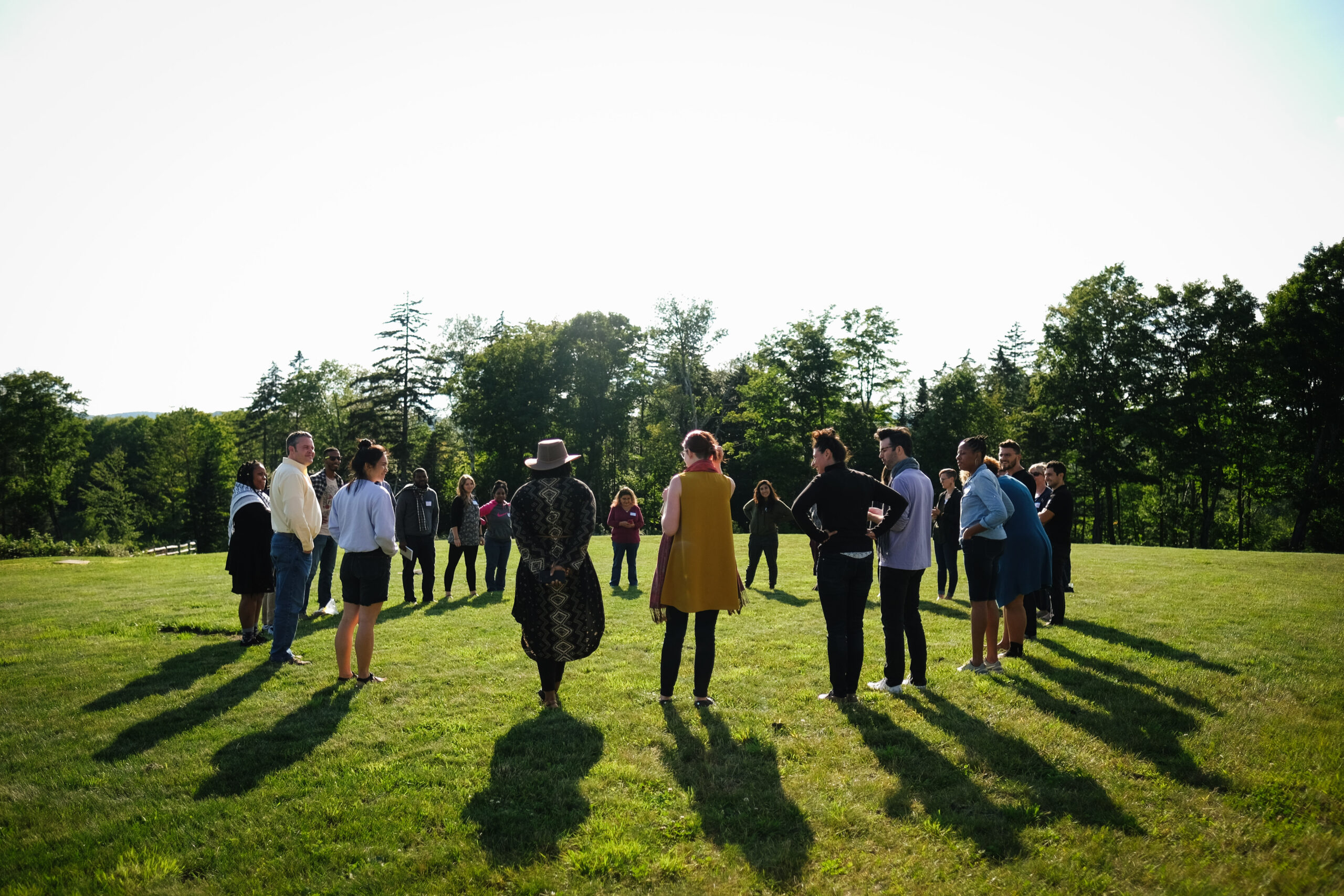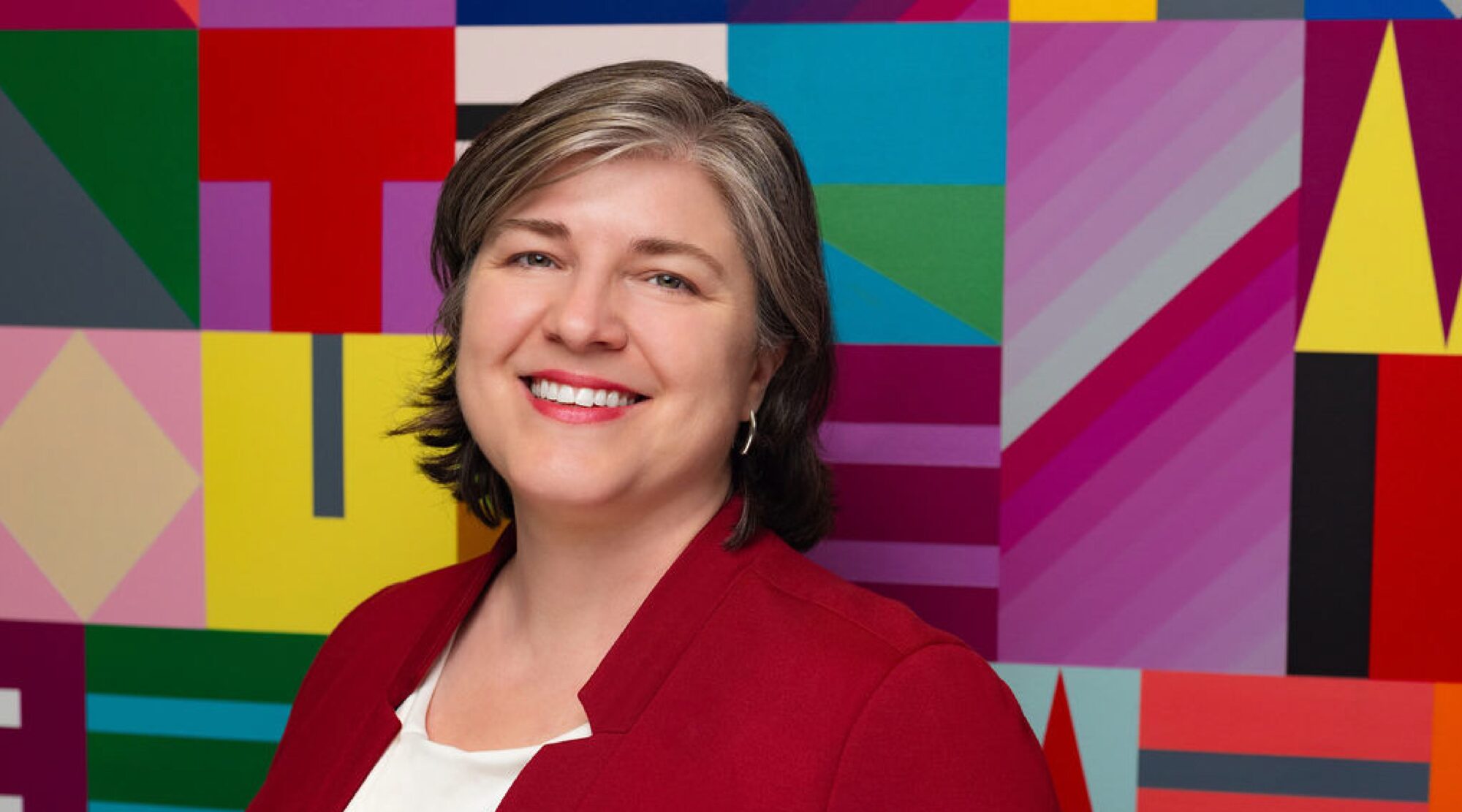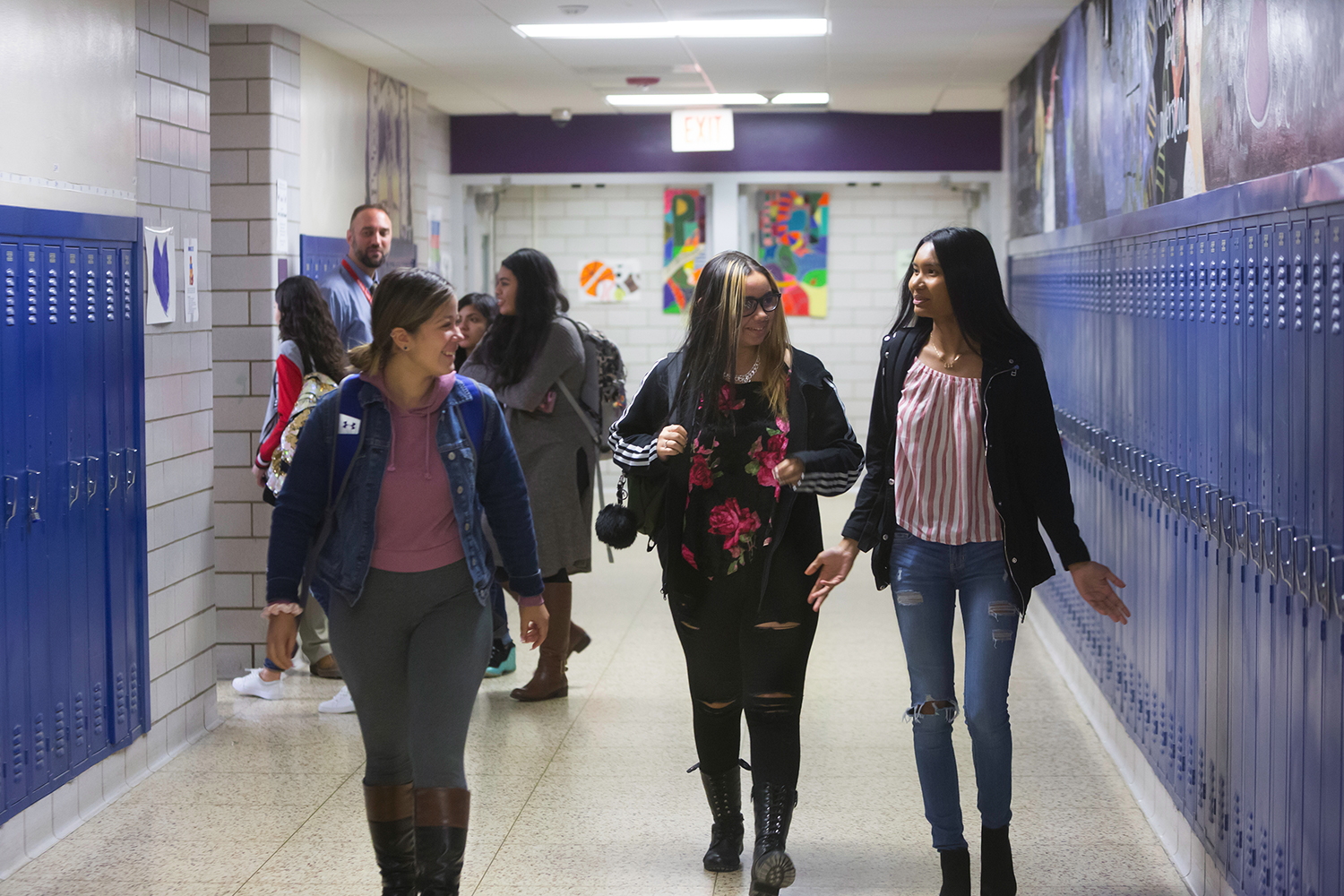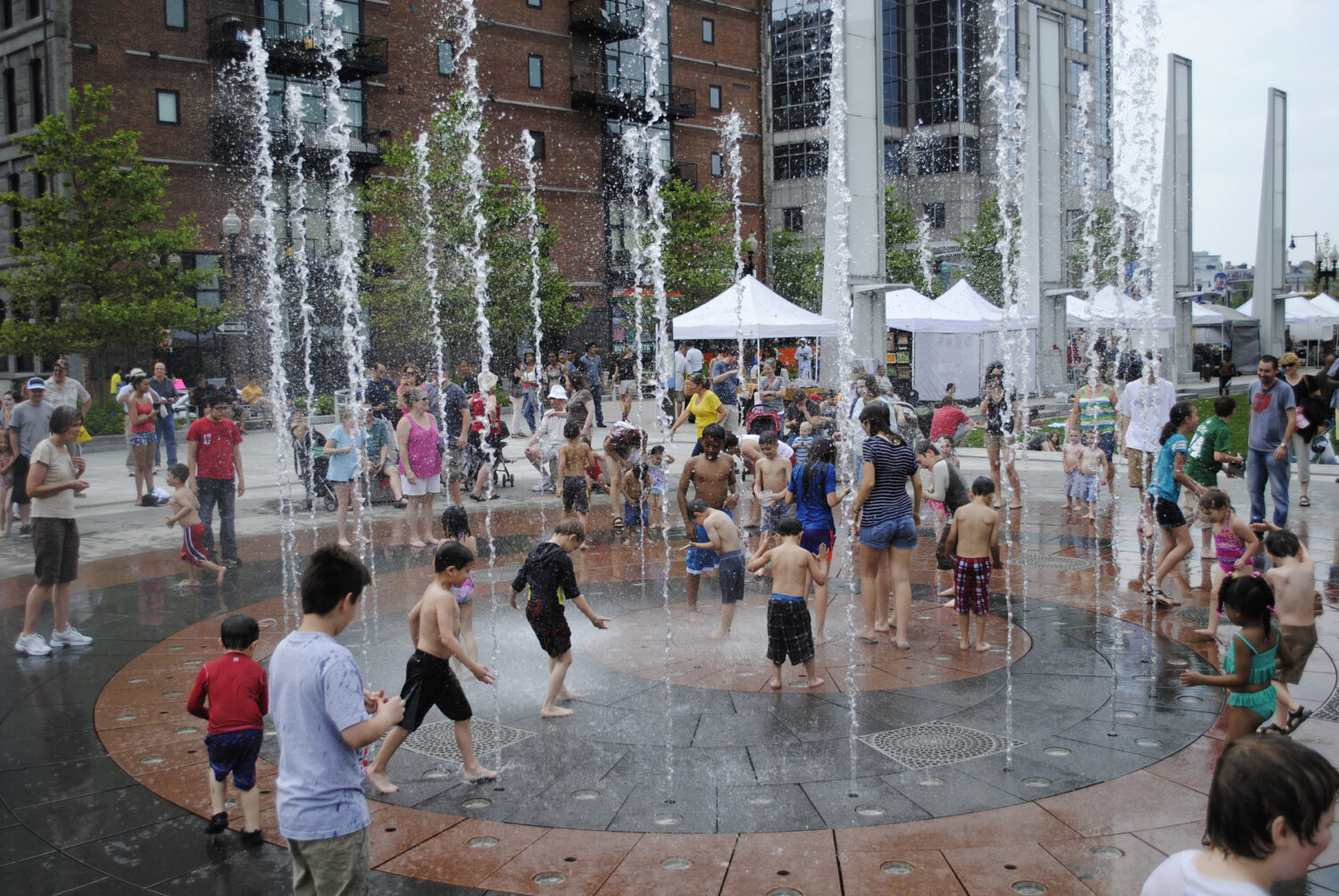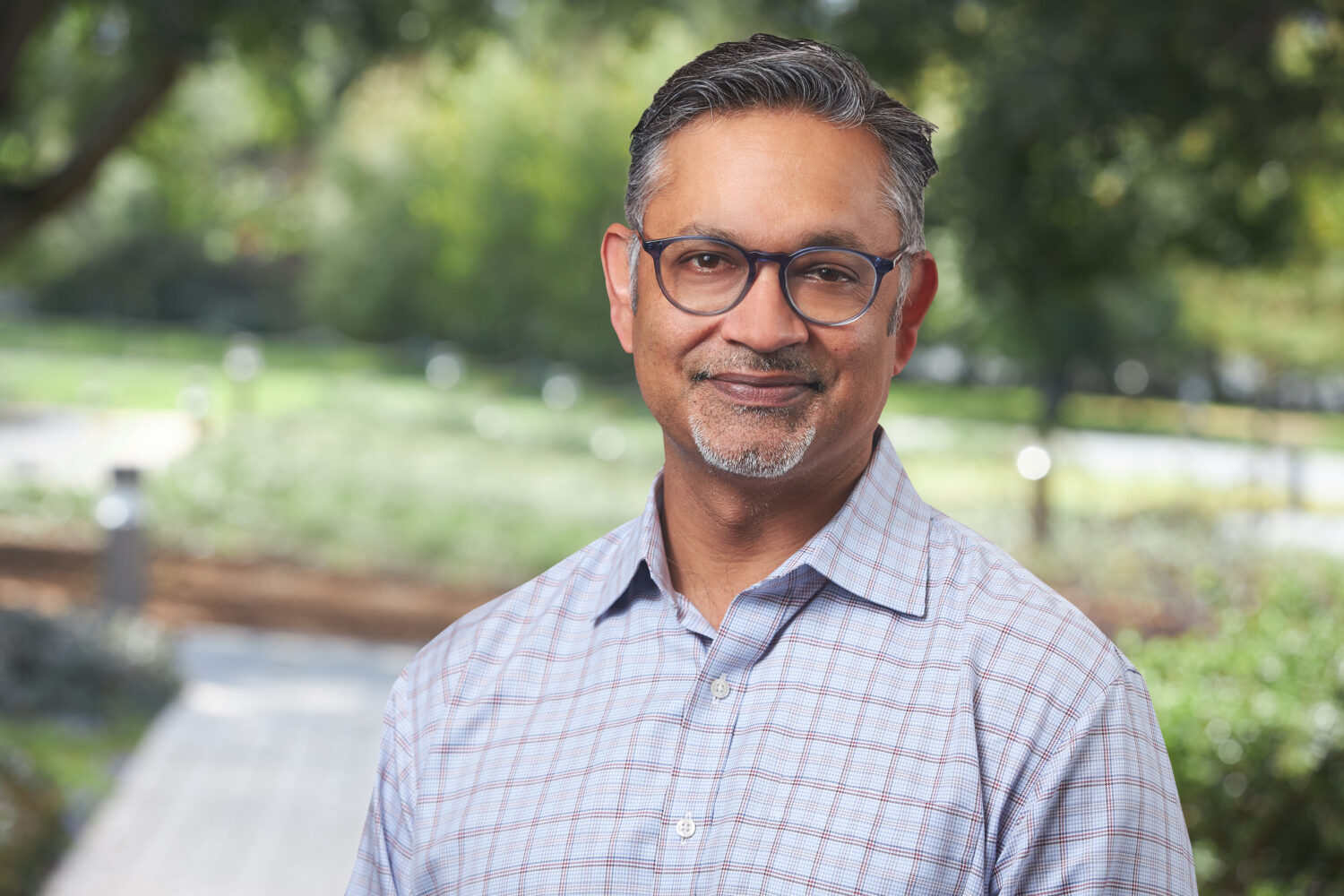1. How did you end up in philanthropy?
I’ve always been attracted to mission-driven work. I started out as a teacher, where I wanted to work with one student and one classroom at a time for positive change. Eventually, I moved into educational evaluation, where the goal was to improve a program or an institution. Then, I shifted to philanthropy, which I saw as an opportunity to think across whole systems and explore how to support their efforts to change.
2. What excites you most about learning and evaluation work?
I’m a big fan of Michael Quinn Patton, who says that evaluators are a bit like Don Quixote: they see the world not as it is, but as it could be. As an idealist and an optimist, that really excites me. Through learning and evaluation, we can understand how to change the world and reimagine what it could be.
3. What are your top priorities at Barr for the next six months?
My long-term goal is to ensure that our program teams have the right tools and systems to evaluate progress and impact. In the short term, I’m focused on our current practices to understand what’s working and where there are opportunities for improvement. I’m diving in right away with our teams on their ongoing evaluation projects. Over the next few months, I’d like to get more concrete with the specific evaluation practices and tools we’d like to adopt. We will soon have the opportunity to learn from our Grantee Perception Report, and that feedback will shape what we decide to prioritize. Ultimately, I want everyone to feel that the time they spend on learning and measuring outcomes is time well-spent.
4. What attracted you to the Barr Foundation?
Barr’s goals and culture were very much aligned with the sort of philanthropy that I find most inspiring. I love working with people who have a positive vision of the future and are passionate about changing people’s lives for the better, with values of humility and respect. Up until now, my career has been focused entirely on education and educational evaluation—including when I was at the Gates Foundation. So, I was also really attracted to the opportunity to expand my focus into arts and climate—two other issues I care deeply about.
5. Barr has been deliberate in phrasing “learning” before “evaluation.” Why emphasize “learning” first?
If we evaluate and don’t do anything with the results we find, then it’s pointless. Evaluation is a systematic way of understanding the worth of what we’re doing and understanding the “why” if change occurs, or doesn’t occur. Learning is about behavior change, including the behavior of funders and grantees. If we don’t design evaluation to be useful in catalyzing change, then it’s a waste of effort and resources. If evaluation can prompt positive change and increase our impact, we’ve reached a greater purpose.
6. In your work, where have you seen learning and evaluation be most beneficial?
Learning and evaluation are most helpful when the questions are clear, and everyone understands what the purpose of the evaluation is, and what we’ll do with the answers. Learning and evaluation should be tools for ensuring that all our good intentions, resources, and planning are focused towards achieving positive impact.
7. Are there times when learning and evaluation can be unhelpful?
When evaluation depends too much on quantitative measures and outcomes, it can actually inhibit real learning. It can put pressure on grantees to focus only on what’s working, to cherry-pick data that makes them look successful out of fear of talking about failure, and to focus too much on what was achieved. It’s crucial to focus on why programs succeeded or didn’t, and how they could be improved. If evaluation is overly focused on results, then it becomes too associated with judgment instead of learning.
8. You lived in Boston before, but have been away for 18 years. What have you noticed?
When I last lived here, the Big Dig was in full swing, so it’s amazing to see the positive changes, particularly in the North End. I used to live in Roxbury, and the development has been dramatic – I hardly recognize my former neighborhood. I love the diversity of the city, and that it continues to evolve with new waves of immigrants. Although some neighborhoods have changed, the multicultural character of the city and its deep sense of history are still its defining characteristics.
